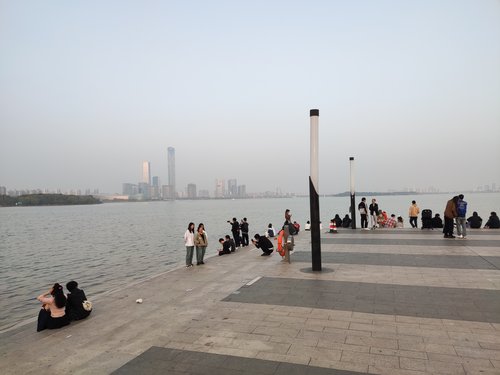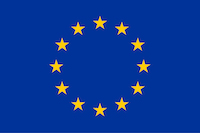
Well-being and stereotyping among the Slovene expats in China
07 May 2024
0
Our group of five researchers from ZRC SAZU visited China in March and April 2024. We conducted narrative and semi-structured interviews to learn more about how Europeans living in China take care of their well-being. The focus of our research was on Slovenes, a rare nationality among expatriates in China. The Slovenes we interviewed immigrated to China for various reasons, they have different professions, are single or in relationships, have many hobbies and interests, etc. Regardless their differences, in the interviews they often mentioned certain stereotypes or supposed cultural characteristics of Slovenes to show what makes them either proud or embarrassed of being Slovenes. For example, most had an opinion about Slovenian folk pop music (narodnozabavna glasba), showing either discomfort with this music, saying that it brings out the worst of what is Slovene (even in China), or affection for this music as sincere, true Slovene music. Such evaluations of culture also provide them the basis of their mutual distinction and positioning in cultural hierarchies (cf. Bourdieu, Distinction: A Social Critique of the Judgement of Taste).
Stereotypes directed against the “others” have also travelled with these migrants. A funny story on Slovenes’ perception of Bosnian “other” was told by a Bosnian man, an employee of a Slovenian company in China. Slovenes, an otherwise dispersed expatriate “community” in China, every year meet at the so-called Slovenian picnic in Suzhou. The picnic has become a tradition and an institution, a meeting place where they can talk in person over a barbecue and drinks, and (some, sometimes) enjoy the poetics of Slovene folk pop. The main purpose of this picnic is to create a sense of well-being, as such picnics are a regular way of socializing among Slovenes. However, although our interlocutor was a member of the Slovene community in China, he experienced Slovenian stereotyping of Bosnians twice. First, he was invited to barbecue, because the Slovenes believed that as a migrant from Bosnia he knew best how to make the famous chevapcici, a grilled dish of minced meat found in southeast Europe. He did not know, but he did not refuse the task either, so he learnt how to make good chevapcici on You Tube. Another comical twist came after a few years, when he was already an experienced chevapcici maker, but when also the community of Slovenes became bigger and less homely. So he barbecued at picnic and after a few rounds of grilled meat he took a break, refreshing himself in a pool with a glass of spritzer. While he was relaxing, a lady he did not know (a newcomer to China) approached him and said: “Please, make some chevapcici for us.” He sensed that in the eyes of this Slovene he was just a Bosnian and therefore only good for the grill, but not a member of the community. He replied politely: “Lady, please, make yourself at home and make chevapcici yourself, I’m here to have fun too.”
Slovenes do socialize with each other in China, although occasions are rare because they are only a few and scattered across many (mainly industrial) cities. The picnic is such an occasion, intended to preserve relations, to have fun over some stereotypical cultural goods, such as music and barbecue, and create moments of good time. Yet sometimes, apparently, culture slips into stereotypical othering, but the fun of being together turns the awkward moments into funny stories of tolerance towards their own diversity.
Written by Miha Kozorog (ZRC SAZU)
